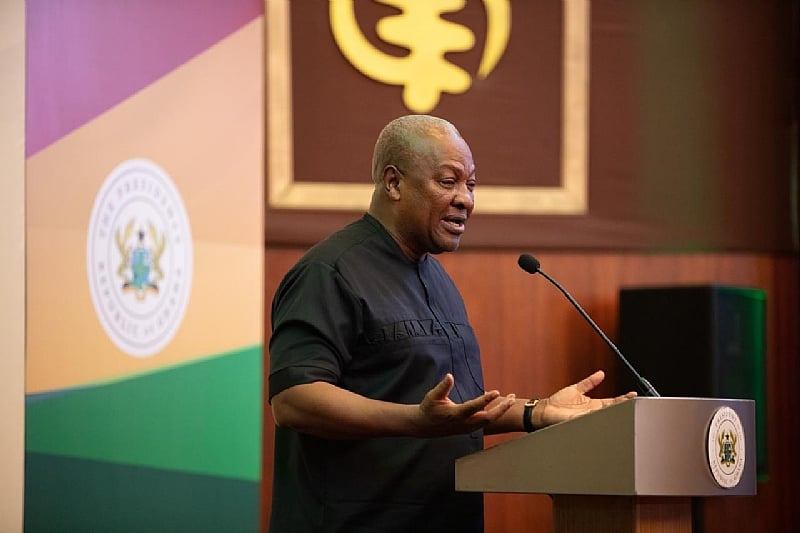Ghana and China have embarked on a new chapter in their economic relationship, marked by a recently implemented tariff-free trade agreement. This pact has the potential to reshape Ghana’s economic landscape, particularly in the agricultural sector, by providing unprecedented access to the vast Chinese market of 1.4 billion consumers. President John Dramani Mahama has highlighted the significance of this agreement, emphasizing Ghana’s strategic position to capitalize on this opportunity and accelerate its socio-economic growth. The agreement comes at a time of increasing global trade uncertainties, exacerbated by ongoing trade disputes, particularly between the United States and other nations. This uncertain global environment reinforces the importance of diversifying trade partnerships and focusing on domestic production and value addition, areas where the China trade agreement offers significant potential.
The burgeoning trade relationship between Ghana and China reached a historic peak in 2024, with bilateral trade exceeding $11.84 billion. This record-breaking figure underscores the growing economic interdependence between the two nations and solidifies China’s position as Ghana’s largest trading partner. The tariff-free agreement further strengthens this bond and promises to propel trade volumes even higher. The agreement eliminates import duties on a wide range of goods, opening up significant market opportunities for Ghanaian producers, especially in agriculture, a sector identified as a key priority for the Ghanaian government. The agreement also covers critical minerals and rare earth supply chains, areas with significant growth potential.
President Mahama has outlined a clear vision for leveraging this trade agreement to transform Ghana’s economy. Recognizing the volatility of the global market and the escalating trade tensions between major economies, he has emphasized a focus on home-grown policies aimed at boosting domestic production, particularly in the agricultural sector. The strategy involves incentivizing farmers to increase production, ensuring food security, and creating a surplus for export to the Chinese market. Ghana’s vast arable land provides a solid foundation for agricultural expansion, and the government is committed to providing the necessary support and resources to farmers to maximize this potential.
The tariff-free agreement with China offers Ghana a unique opportunity to diversify its export markets and reduce its reliance on traditional trading partners. This diversification is crucial in mitigating the risks associated with global trade uncertainties and protecting the Ghanaian economy from external shocks. The agreement allows Ghanaian producers to compete more effectively in the Chinese market, potentially driving economic growth and creating jobs. The focus on agricultural exports aligns with the government’s broader development strategy of prioritizing value addition and promoting industrialization within the agricultural sector.
Furthermore, the agreement extends beyond agricultural products to encompass critical minerals and rare earth supply chains. These sectors hold significant potential for economic growth and development, and the tariff-free access to the Chinese market creates a compelling incentive for investment and expansion in these areas. The agreement represents a strategic partnership that aligns with China’s growing demand for these resources and Ghana’s ambition to diversify its exports and move up the value chain.
In conclusion, the tariff-free trade agreement between Ghana and China represents a watershed moment in the economic relations between the two nations. It provides a significant opportunity for Ghana to boost its exports, particularly in agriculture, and to further integrate into the global economy. President Mahama’s emphasis on domestic production, value addition, and agricultural development aligns strategically with the opportunities presented by the agreement. By capitalizing on these opportunities, Ghana can enhance its economic resilience, create jobs, and achieve sustainable economic growth amidst the challenges posed by a volatile global trade environment. The agreement also fosters closer cooperation in critical minerals and rare earths, sectors crucial for future technological advancements. This multifaceted agreement signifies a strengthening partnership poised to benefit both nations.














